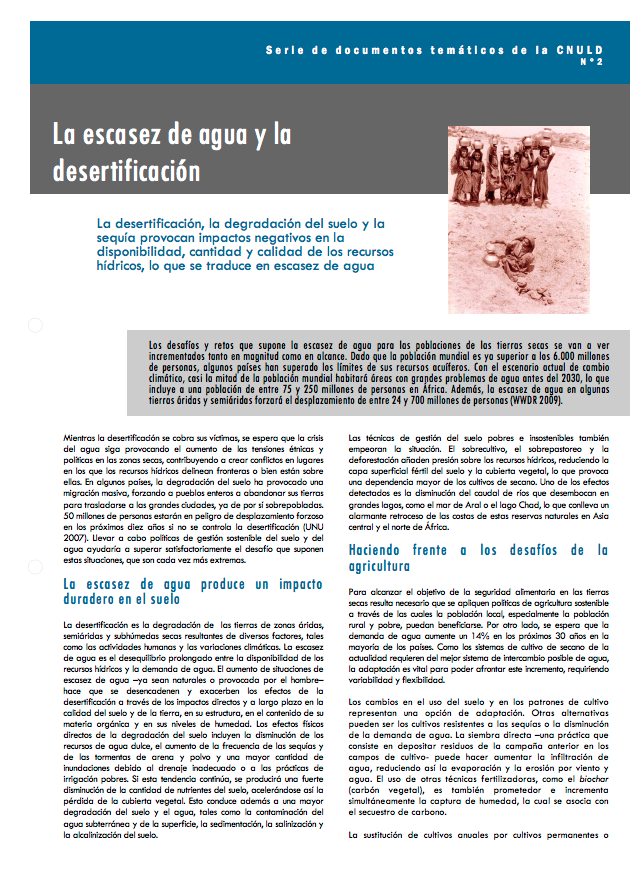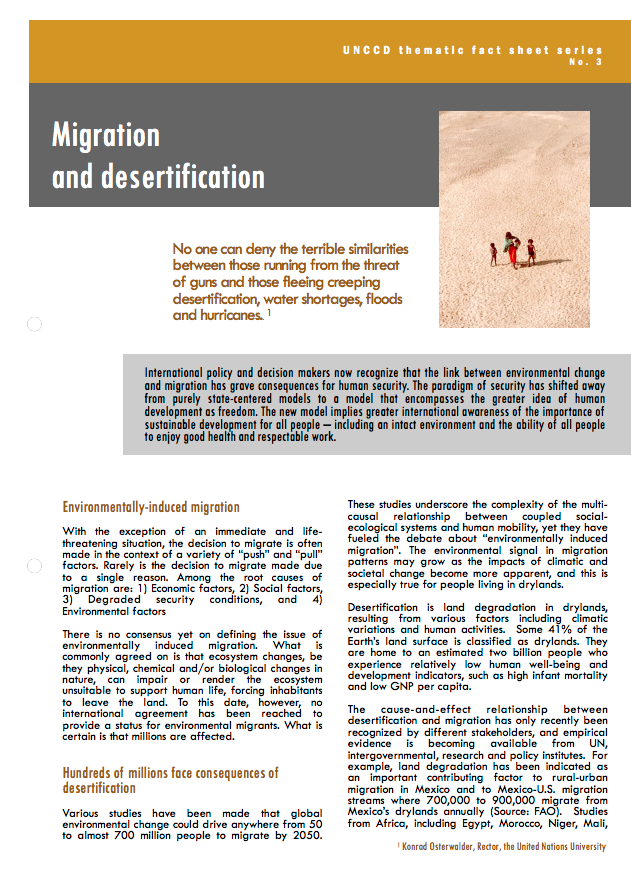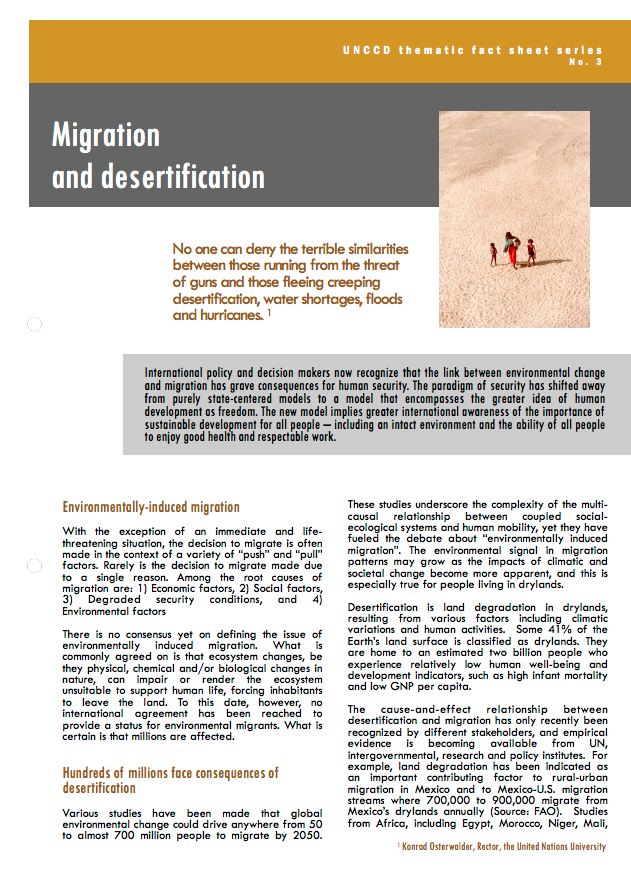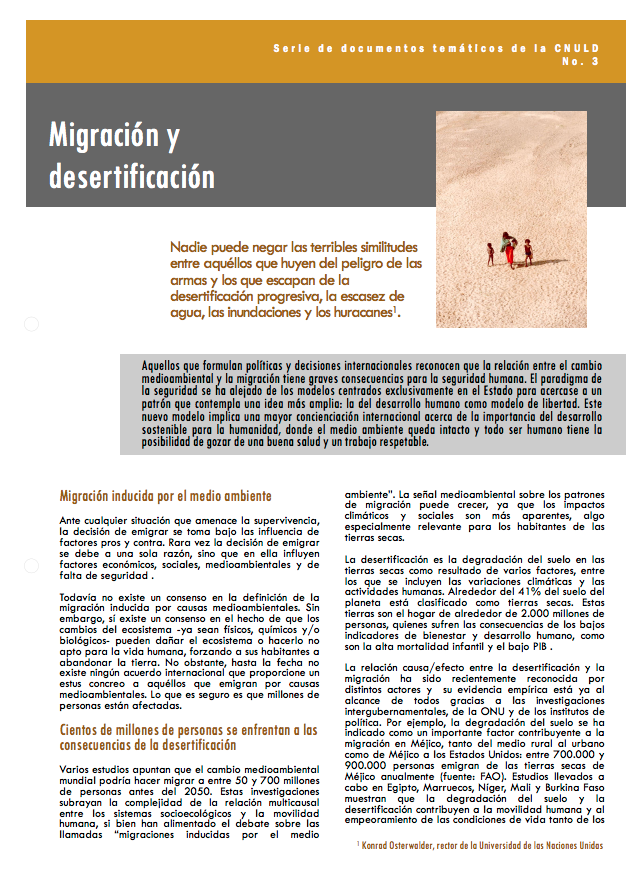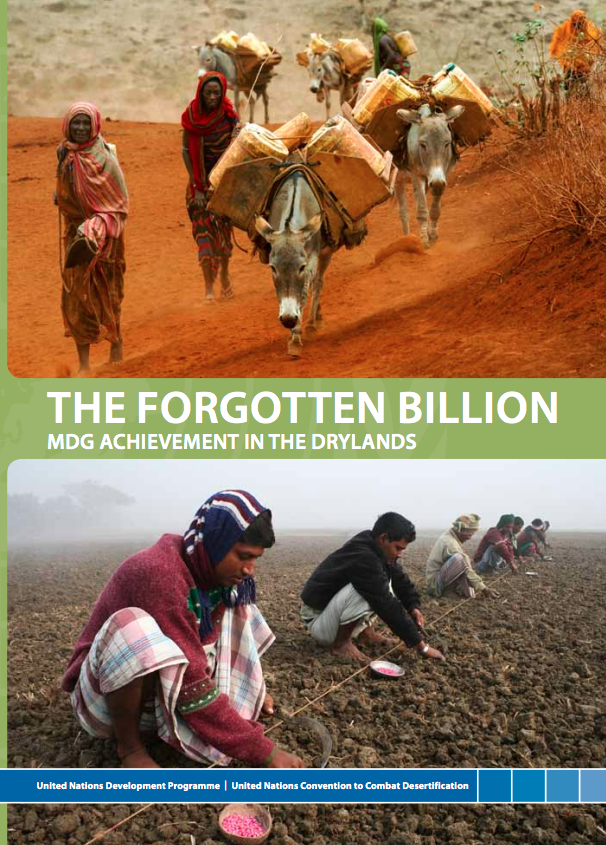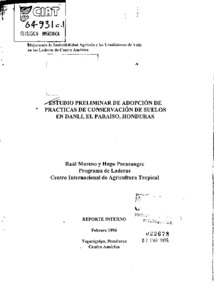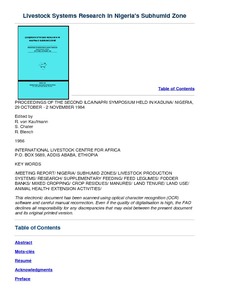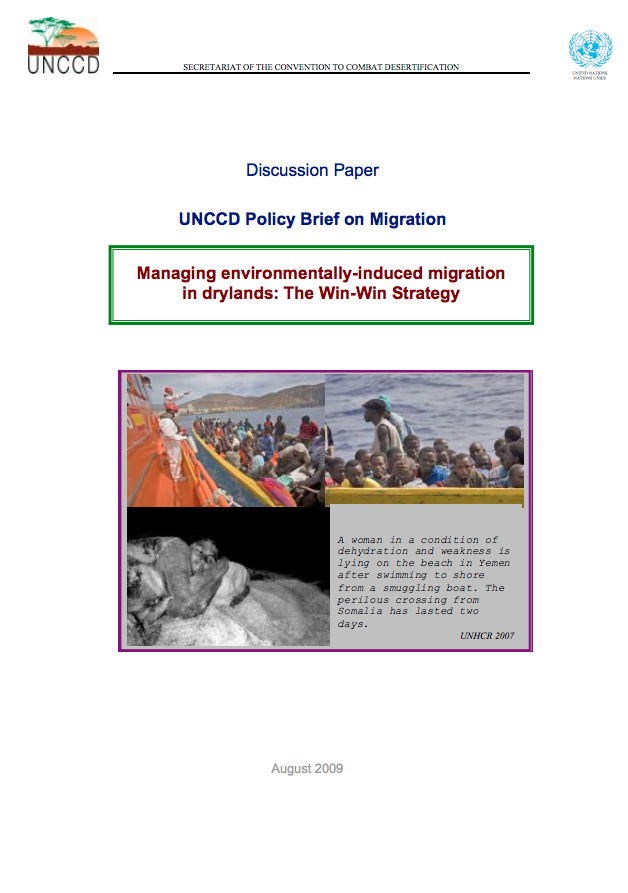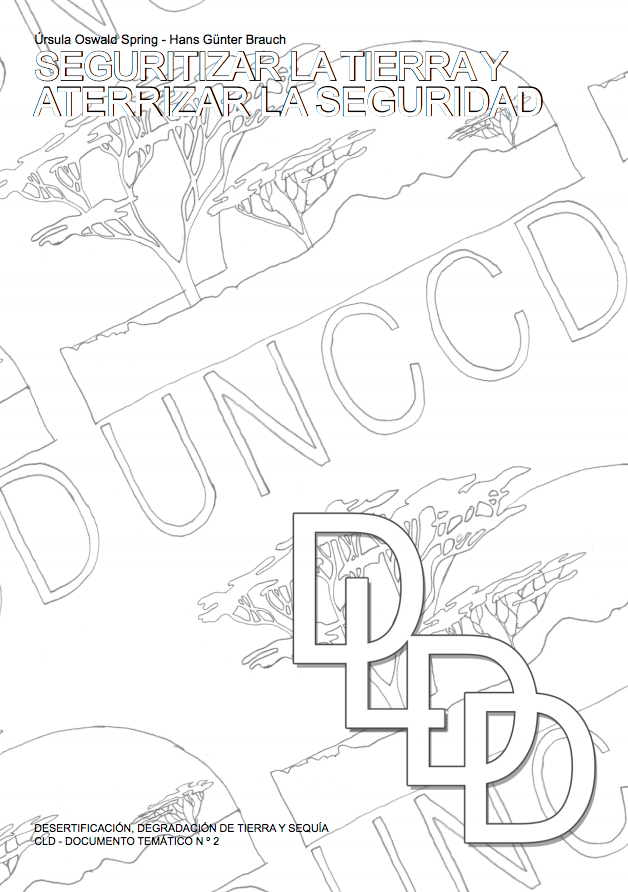La escasez de agua y la desertificación
Los desafíos y retos que supone la escasez de agua para las poblaciones de las tierras secas se van a ver incrementados tanto en magnitud como en alcance. Dado que la población mundial es ya superior a los 6.000 millones de personas, algunos países han superado los límites de sus recursos acuíferos. Con el escenario actual de cambio climático, casi la mitad de la población mundial habitará áreas con grandes problemas de agua antes del 2030, lo que incluye a una población de entre 75 y 250 millones de personas en África.

